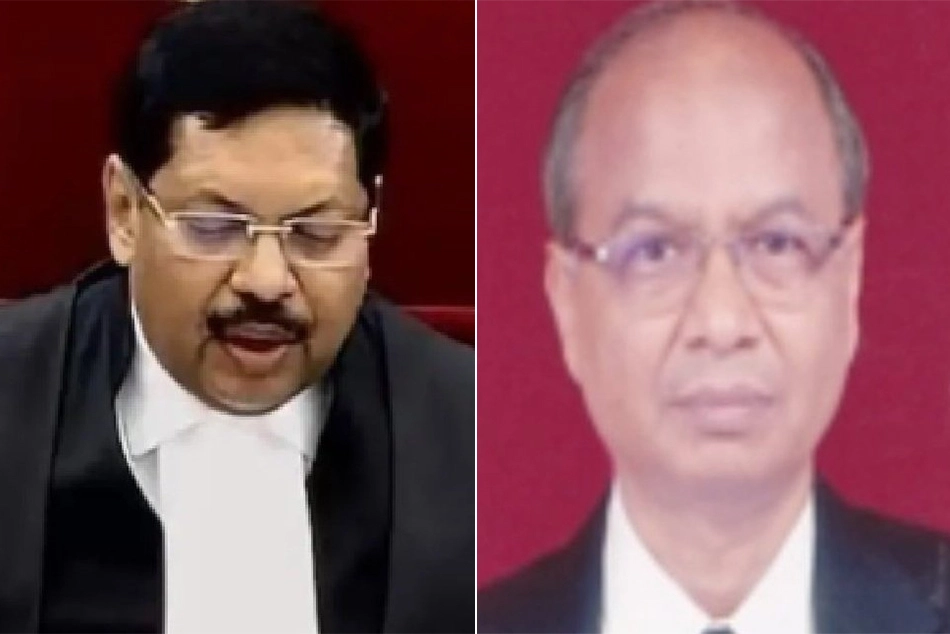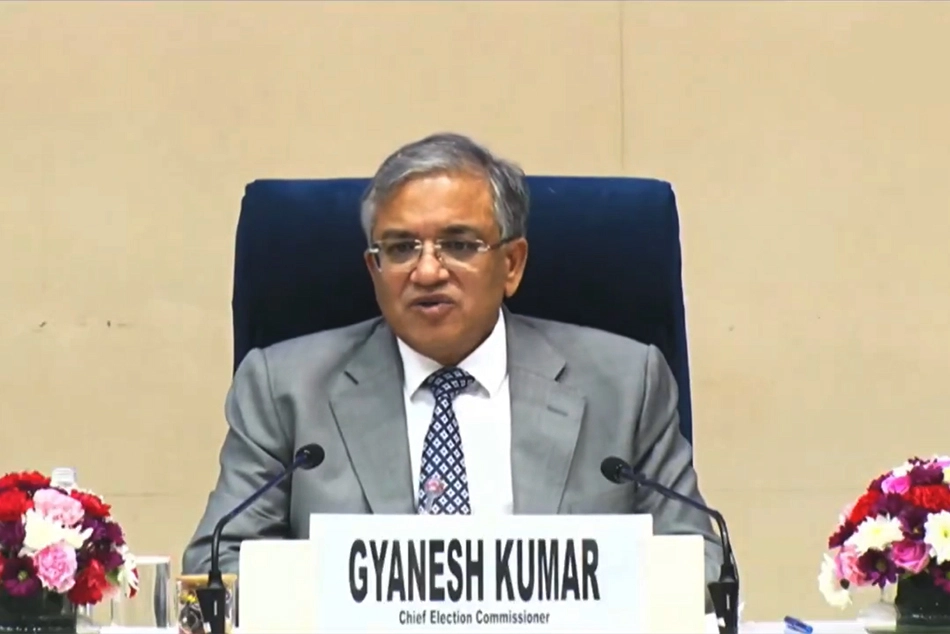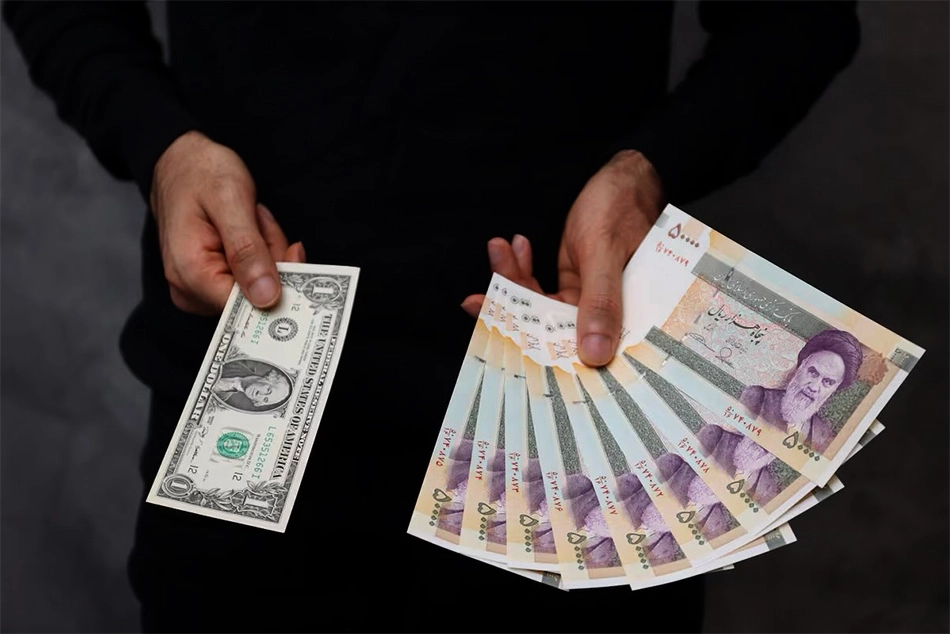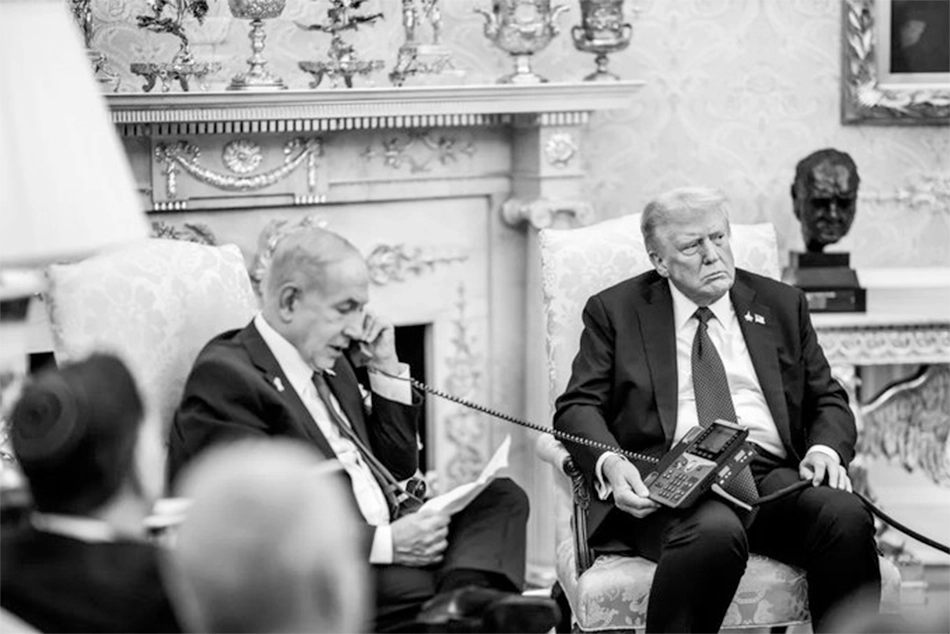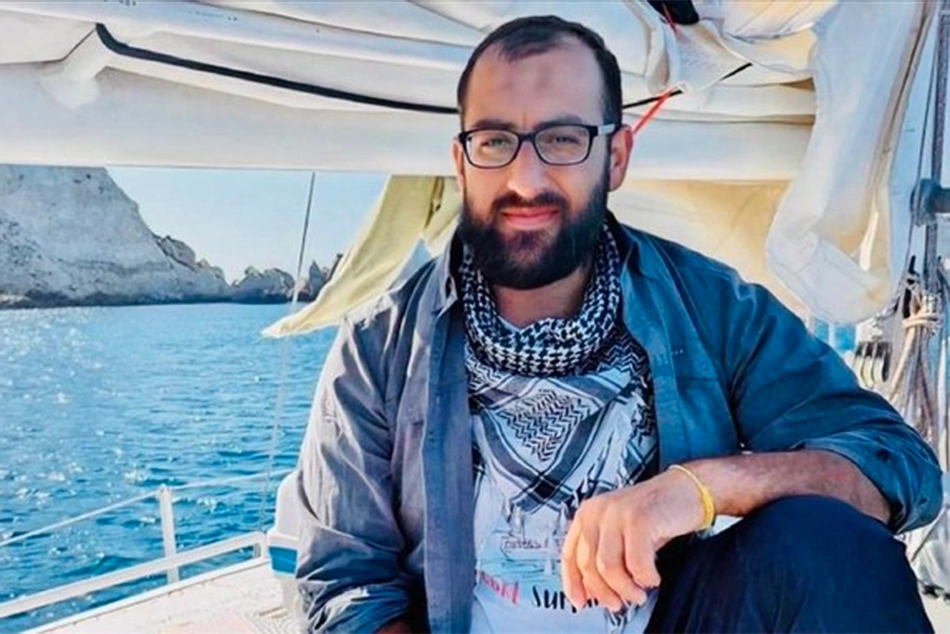
Nobel 2025 Physics Goes to 3 Quantum Physics Researchers
John Clarke, Michel H. Devoret and John M. Martinis have been awarded the Nobel Prize in Physics 2025 for the discovery of macroscopic quantum mechanical tunnelling and energy quantisation in an electric circuit
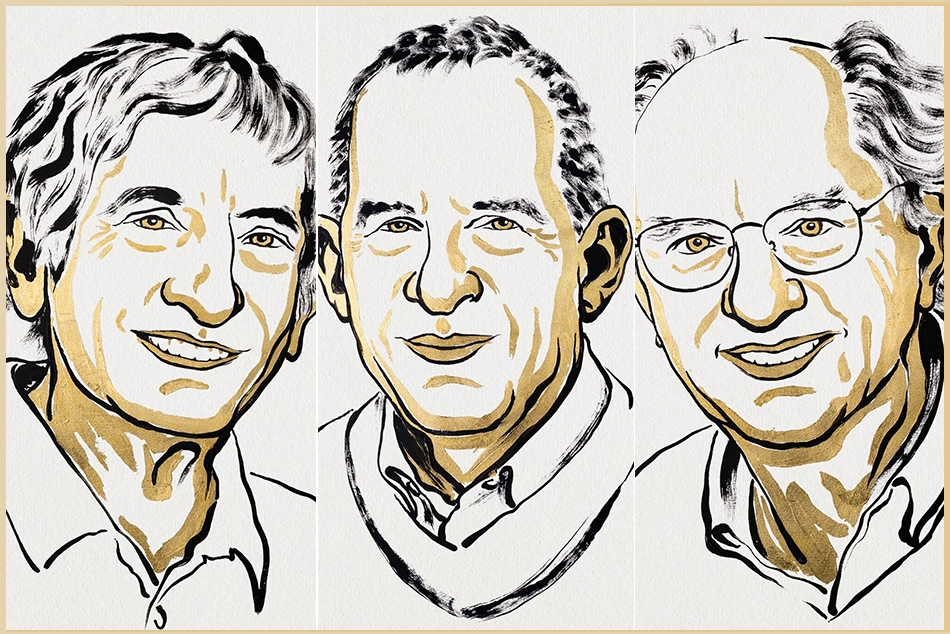
[(from L to R) John M. Martinis, Michel H. Devoret and John Clarke (Illustration: (Niklas Elmehed/Nobel Prize Outreach)]
Nobel Prize 2025: John Clarke, Michel H. Devoret and John M. Martinis have been awarded the Nobel Prize in Physics 2025 for the discovery of macroscopic quantum mechanical tunnelling and energy quantisation in an electric circuit.
John Clarke is associated with University of California, Berkeley, USA; Michel H. Devoret belongs to Yale University, New Haven, CT and University of California, Santa Barbara, USA, and John M. Martinis is affiliated with University of California, Santa Barbara, USA.
About John Clarke
John Clarke, the joint winner of Nobel 2025 in Physics, was born in 1942 in Cambridge (United Kingdom).
A renowned British Physicist, John Clarke was affiliated with the University of California, Berkeley, California (USA) at the time of receiving the Nobel Award.
Clarke received BA, MA, and Ph.D. in Physics from the University of Cambridge namely Christ's College, Cambridge and Darwin College, Cambridge in 1964, 1968, and 1968, respectively.
Clarke has made significant contributions in superconductivity and superconducting electronics, particularly in the development and application of superconducting quantum interference devices (SQUIDs). The dc SQUID consists of two Josephson tunnel junctions-weak links-connected in parallel on a superconducting loop.
One of his most current projects is application of SQUIDs configured as quantum-noise limited amplifiers to search for the axion, a possible component of dark matter.
About Michel H. Devoret
The joint winner of Nobel 2025 in Physics, Michel H. Devoret, was born in 1953, Paris, France.
Michel Devoret was affiliated to Yale University, New Haven, CT, USA; University of California, Santa Barbara, CA, USA at the time of receiving the Nobel 2025 Physics Award.
Michel Devoret was graduated from the École nationale supérieure des télécommunications in 1975 and went on to earn his PhD in physics from the University of Paris-Sud (now Paris-Saclay University) in 1982.
Known for his pioneering work on macroscopic quantum tunneling, and the single-electron pump as well as in groundbreaking contributions to initiating the fields of circuit quantum electrodynamics and quantronics, Michel Devoret is the Chief Scientist at Google Quantum AI.
About John M. Martinis
John M. Martinis was born in 1958. He was affiliated with the University of California, Santa Barbara, California, USA at the time of receiving the Nobel 2025 Physics Award.
Martinis was in 2014 hired by Google to build a quantum computer using superconducting qubits.
Martinis is the winner of various awards including Fritz London Memorial Prize and John Stewart Bell Prize.
The Nobel Prize in Physics is awarded by the Royal Swedish Academy of Sciences, Stockholm, Sweden.
Joint Research
John Clarke, Michel H. Devoret and John M. Martinis in 1984 and 1985 conducted a series of experiments with an electronic circuit built of superconductors, components that can conduct a current with no electrical resistance.
In the circuit, the superconducting components were separated by a thin layer of non-conductive material, a setup known as a Josephson junction. By refining and measuring all the various properties of their circuit, they were able to control and explore the phenomena that arose when they passed a current through it.
"Together, the charged particles moving through the superconductor comprised a system that behaved as if they were a single particle that filled the entire circuit", the Nobel Committee said.
This macroscopic particle-like system is initially in a state in which current flows without any voltage. The system is trapped in this state, as if behind a barrier that it cannot cross. In the experiment the system shows its quantum character by managing to escape the zero-voltage state through tunnelling. The system’s changed state is detected through the appearance of a voltage.
The laureates could also demonstrate that the system behaves in the manner predicted by quantum mechanics – it is quantised, meaning that it only absorbs or emits specific amounts of energy.
“It is wonderful to be able to celebrate the way that century-old quantum mechanics continually offers new surprises. It is also enormously useful, as quantum mechanics is the foundation of all digital technology,” says Olle Eriksson, Chair of the Nobel Committee for Physics.
The Nobel Prize 2025 award ceremony will be held December 10, the anniversary of Alfred Nobel (D: 1868), the wealthy Swedish industrialist and the inventor of dynamite who founded the prizes.
The Nobel Award Season 2025 started on Monday October 06, 2025 with the announcement of Nobel 2025 Prize in Medicine.
The winner/winners of the most awaited Nobel Peace Prize 2025 will be announced on October 10, 2025.
Nobel Prize 2024 Winners
Last year, the Nobel Peace Prize 2024 was awarded to Japan's atomic bomb survivors' group Nihon Hidankyo for its efforts to ban nuclear weapons.
The 2024 Nobel Prize in Physiology or Medicine jointly to U.S. scientists Victor Ambros and Gary Ruvkun for the discovery of microRNA and its role in post-transcriptional gene regulation.
On October 08, the Royal Swedish Academy of Sciences announced the Nobel Prize in Physics 2024 to John J. Hopfield of Princeton University, NJ, USA and Geoffrey E. Hinton University of Toronto, Canada.
On October 09, 2024, the 2024 Nobel Prize in Chemistry jointly conferred on David Baker of U.S.A., and Demis Hassabis and John M. Jumper of the United Kingdom for their research on protein.
On October 10, 2024, the 2024 Nobel Prize in Literature conferred on South Korean author Han Kang for her work on the fragility of human life.
Follow ummid.com WhatsApp Channel for all the latest updates.
Select Language to Translate in Urdu, Hindi, Marathi or Arabic
